Backpacking is an adventurous journey with long and challenging trails to climb with essentials. It is the activity that helps you to keep yourself energetic and muscle-strong. Backpackers challenge themself mentally and physically to try outdoor activities to get rid of the stress of bustling life and add some adventurous moments.
Stay in the tents, and enjoy the beauty of nature while hiking into the forests is the best experience of life. In this guide, we will discuss backpacking for beginners.
What is Backpacking?
Backpacking is the activity of off-beaten paths of forests or natural places with challenging routes. Unlike beach or luxury resort vacations, it is the adventurous and exciting journey to hike through rocks and spend a night or more in tents. It is an inexpensive journey and backpackers just need appropriate clothes and equipment for their adventure.
Guide to Backpacking for Beginners
When you want to start the journey, there are some considerations to keep in mind to ensure safety.
In the undersection, we have briefly discussed backpacking. Check out below:
1. Choose an Easy Path
Start your journey from an easy or familiar path which helps you make your first experience well. Although there are many routes that challenge you to go on a journey it is important to find a warm and favorite place.
Beginners are not as familiar as experienced backpackers, so start your trails from the closest location to your home. Research the best places and read the read reviews of experts on destinations to choose for your first tour.
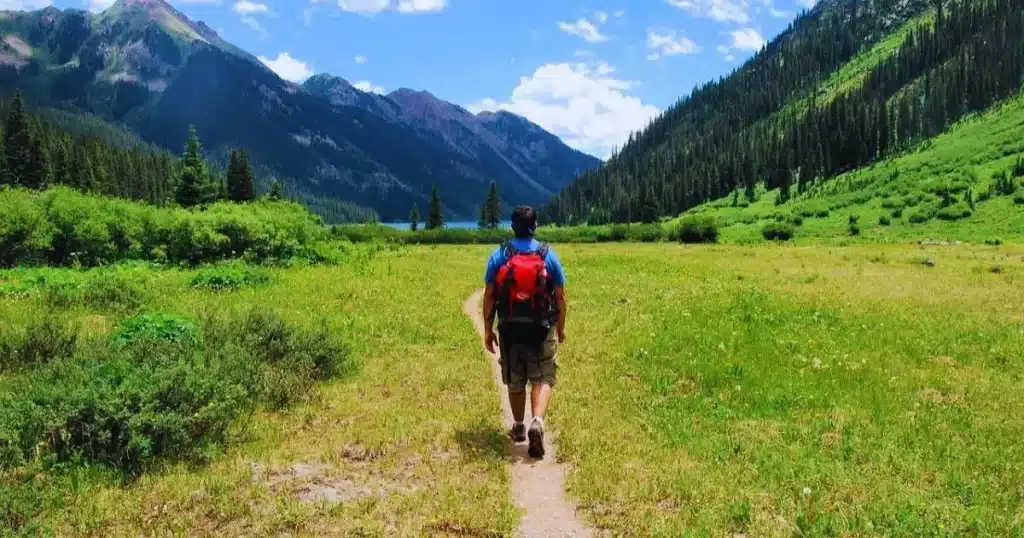
2. Consider Day Trip
You have to walk a long distance, so plan a short-distance trip when you are just starting. If you are not familiar with tracks, it is better to complete your journey before sunrise.
Walk for a few miles and pack only needed essentials so that you may not have to carry large luggage on your back. If you feel tired or hiked much take some rest and try to back home.
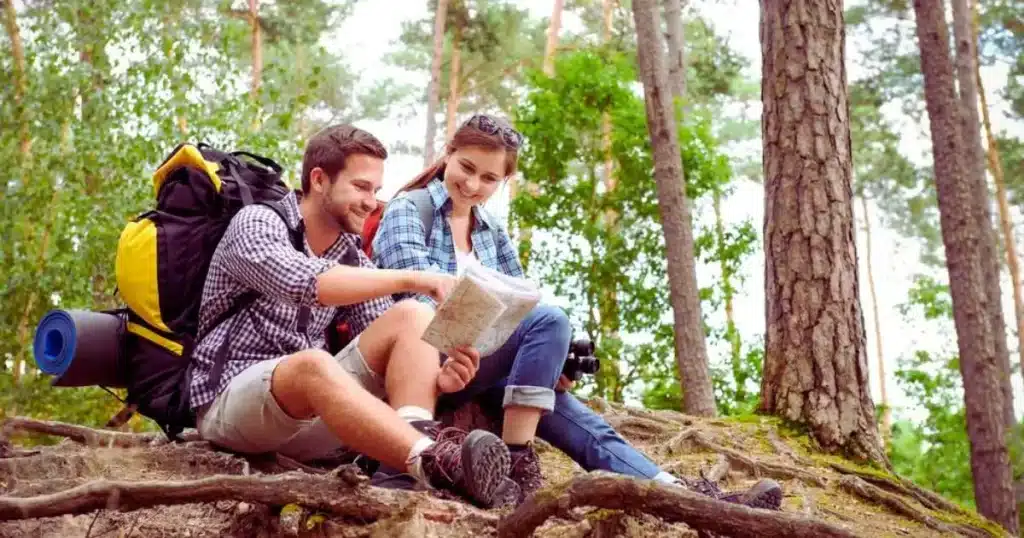
3. Hike with Group
Hiking alone for the first time can be risky due to difficult and unfamiliar paths. Find a group to seek inspiration and join them on hiking. A company of experienced backpackers guides you about the routes and difficulties and how to handle situations if you get stuck in the new palace.
However, you can buy a tactical to ensure your protection for a better travel experience in the world of mountains and animals.
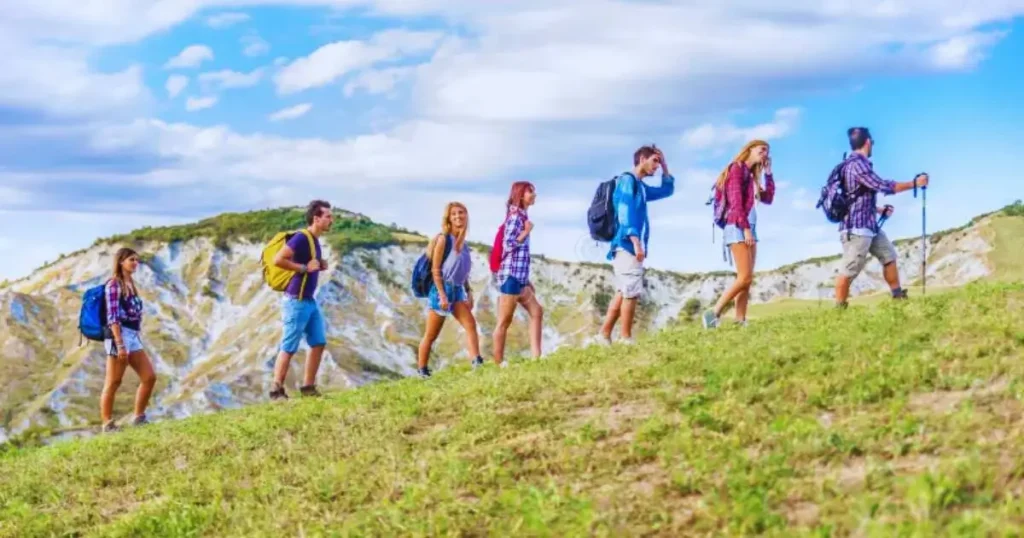
4. Do Not Pack too Much
Packing is the smart decision to make your journey easy and hassle-free. Bring along just a pair of pants and some essentials that help you throughout the day. Small packing reduces the burden and you can feel free and easy during hiking or trekking. You can pack just needed equipment such as a well-charged battery if you want to stay in the night. Medicine is mandatory and keep a towel.

5. Invest in the Best Footwear
Before going on backpacking consider comfortable and reliable shoes that help you during the trip. You have to walk for hours in the rocky areas and your feet can injured if you are not wearing appropriate shoes. When you have decided on your journey route pack shoes according to route that are comfy for your feet. It is best to invest in yourself to prevent the risk of injury.
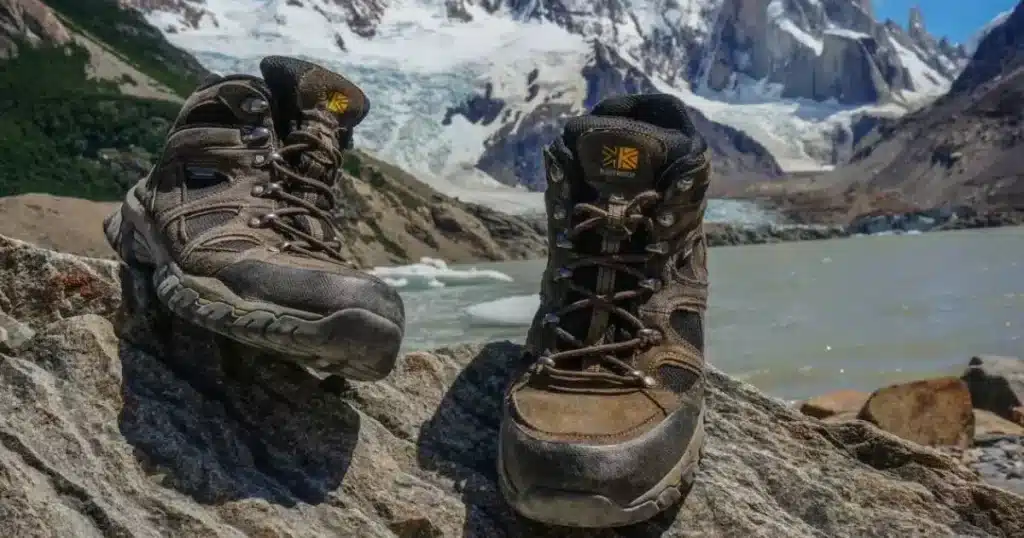
6. A Reliable Tent is Essential
Backpacking is an exciting activity because you go for a hike for mental and physical well-being and sleep in the open sky. Camping in the wilderness also enhances the experience and you can enjoy the journey.
Unlike other travelers who rent a house or book a hotel for a stay that costs much money backpackers love to stay in the camps. You can enjoy the bone fire night with friends in a calm and breathtaking place. Consider a reliable tent that matches your desired destination weather and provides a peaceful stay.
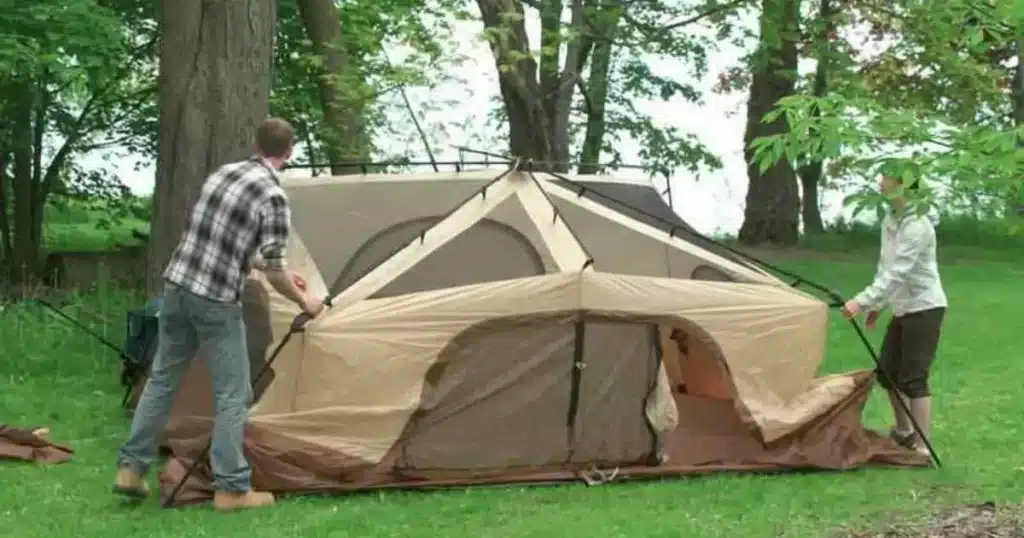
7. Sleeping Bag
After a long walk during the day, if you have to stay at night, a comfortable sleeping bag helps you to rest your body. You can’t sleep on the hard surface of the earth as you need rest and a comfortable place to spend the night. When you rest enough at night, it will give you energy for the next day to start your trial without laziness.
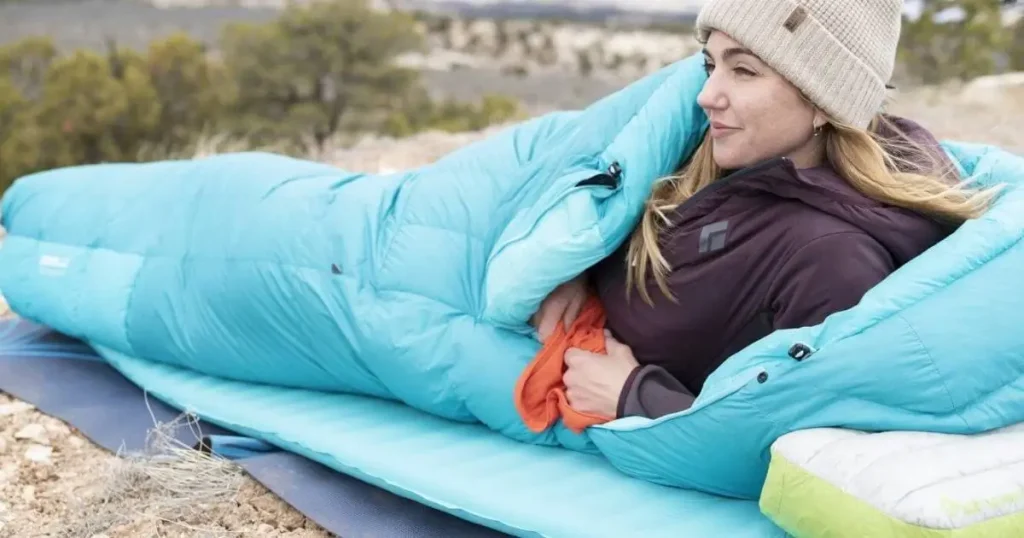
8. Pack Some Cooking Equipment
If you have to decide to stay during the journey, then you will need cooking items because there is no hotel near the hiking trails. Pack a few pieces of equipment that do not make a burden on you, and you can cook in the wilderness. Bring a tea cartel and a small oven to enjoy a meal to stay energetic.

9. Navigation Tools
Navigating through unfamiliar paths you forget routes or go long in place that takes much time and energy. It is important to know where you are and how long you have to go so utilize the navigating tools or keep a map in your bag that helps you during hiking.
Use Google Maps or save your location on your phone to have peace of mind that you can safely reach and back. Download the map offline in case you can’t access internet signals on hills.
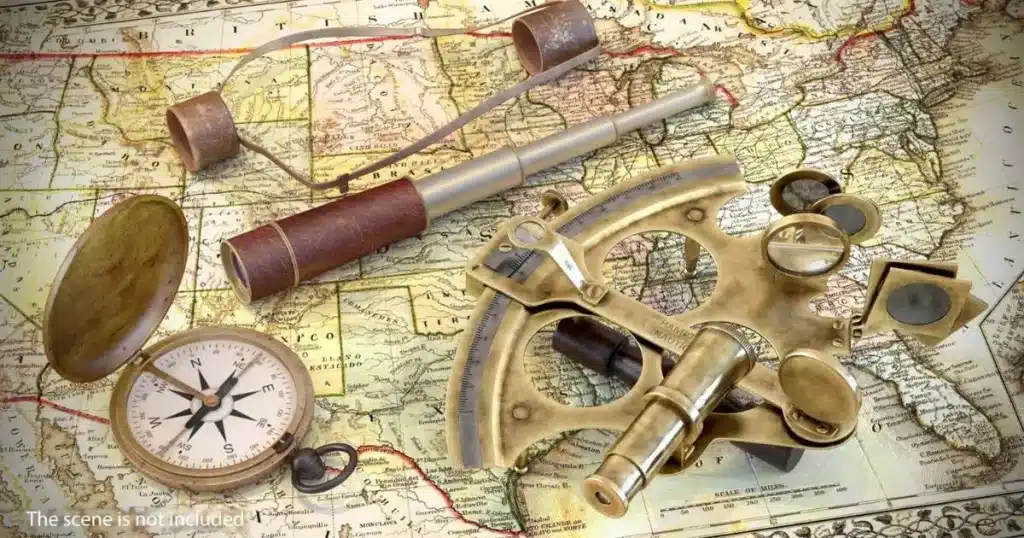
10. First Aid Kit
A first aid kit is an emergency reliever and serves you if you have an accident. It is the most important factor to consider because it is an adventurous and risky journey. You must pack some painkillers, bandages, torches, and other items that help during the emergency. Beginners also learn some first-aid safety tips.
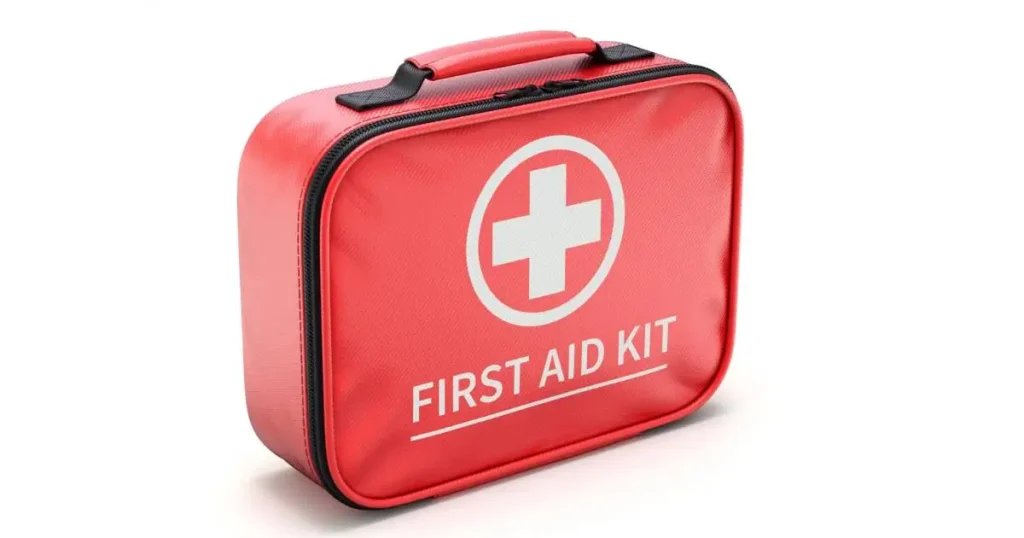
11. Water Bottle
Backpacking is an energetic journey, so you need to keep hydrated yourself to move forward. Take a bottle and fill it with water to drink when you feel thirsty. You can consider a plastic bottle of 2 liters or more to have enough and you can re-fill where you find fresh water.

Conclusion
Backpacking is an adventurous activity to improve your physical and mental well-being. Beginners may have some fears or anxiety about starting their passion, but it is not hard if you prepare yourself. Hikes into short and easy trails to practice and seek guidance and inspiration from your seniors and experienced backpackers.
Pack small luggage to have easy on the path and bring just needed items. It is important to learn safety tips and bring a first aid kit to tackle any emergency. You can utilize navigation tools or maps to complete your track without hassle.




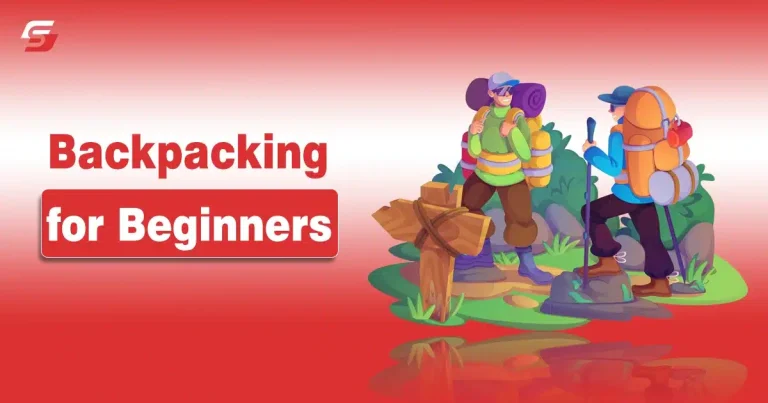






4 Comments
Pingback: 10 Best Travel Agencies in USA
Pingback: Top Attraction Places to Visit in Iceland
Pingback: Top 10 Best Places to Visit in Europe
Pingback: Top 10 Best Adventure Movies for Travelers